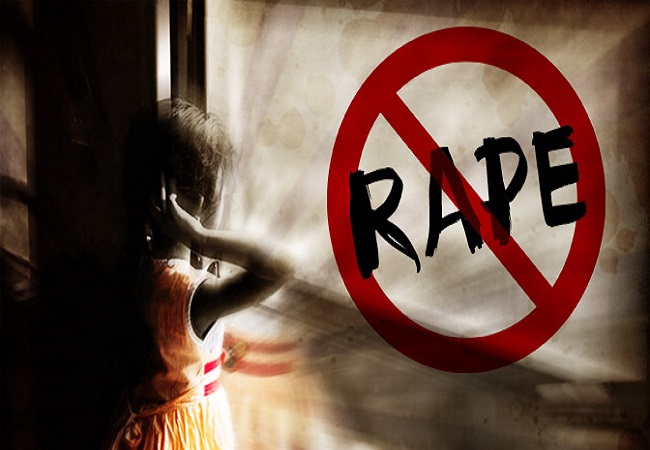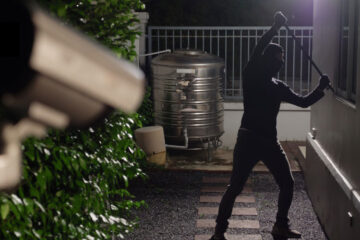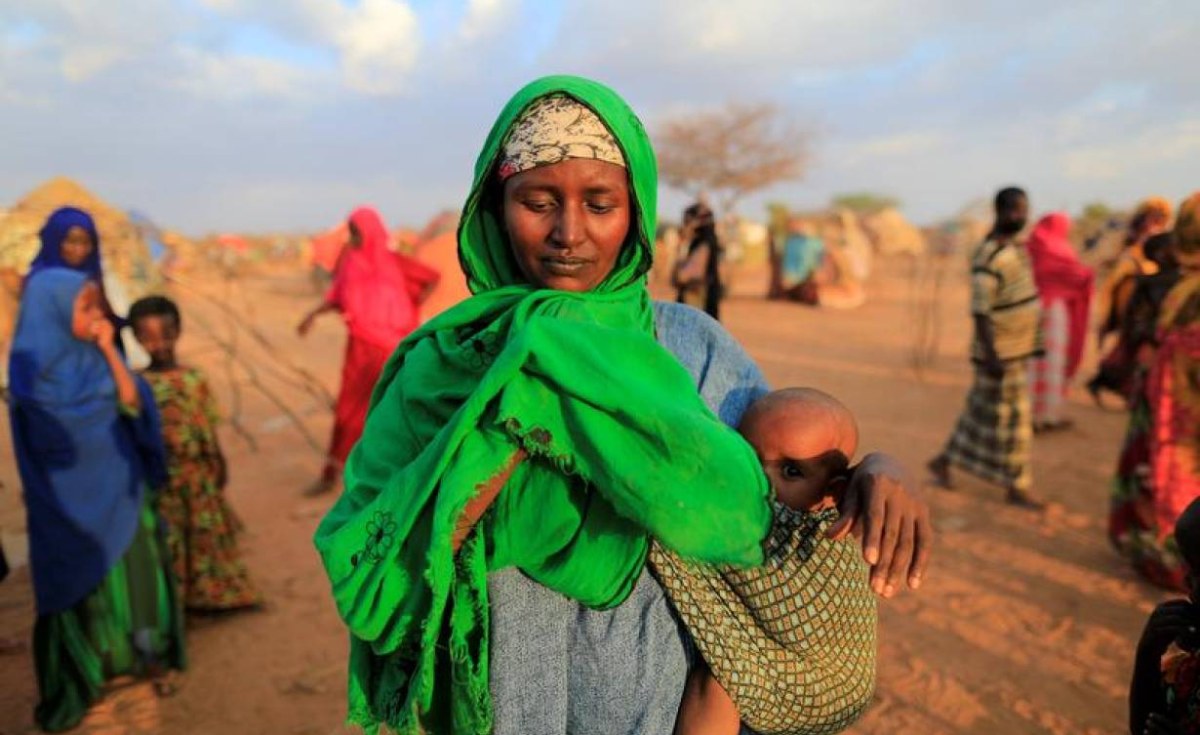
In a recent appeals court ruling in Morocco, three defendants accused of repeatedly raping an 11-year-old Moroccan girl received sentences ranging from 10 to 20 years in prison, following widespread outrage at the lower sentences previously awarded by a lower court. The Rabat appeals court handed down a 20-year sentence to one man, while the other two received 10-year sentences, concluding a marathon session that lasted into the early hours of Friday morning.
The young victim, who was only 11 at the time of the assaults, was subjected to multiple instances of rape, eventually becoming pregnant and giving birth last year. The girl, now 12 years old, and her legal team appealed the lower court’s decision on March 20, which sentenced one of her alleged attackers to two years in prison and the others to 18 months each.
In addition to the increased prison sentences, the appeals court ordered the three men, aged between 25 and 37, to pay a total of 140,000 dirhams (approximately $12,500) in damages, rather than the 50,000 dirhams previously mandated by the lower court. Abdelfattah Zahrach, the girl’s lawyer, expressed satisfaction with the outcome, stating that it “delivered justice to the victim.” However, he questioned why two of the accused received only 10-year sentences and indicated that he might pursue a further appeal to the Court of Cassation after consulting with the child’s family.
During Thursday’s packed hearing, the court listened to testimonies from the victim, accompanied by her grandmother and father, as well as from a minor who served as a witness. The latter’s testimony was provided privately due to prosecution concerns about protection. The three defendants faced the same charges as in the original trial: “misappropriation of a minor” and “indecent assault on a minor with violence.” Despite a request to add “rape” to the charges, the judge rejected this proposal.
The three men denied the allegations, but one of them faced a DNA test proving that he fathered the child the girl gave birth to last year. When asked about this, he repeatedly claimed, “I don’t know.”
This case has sparked outrage in Morocco, with tens of thousands signing a petition condemning the lower court’s sentences. Fatima Zohra Chaoui, another lawyer representing the girl, credited the mobilization of civil society and broader societal involvement for helping to expedite the process from the lower court judgment to the appeal. She also noted that media and social pressure played a significant role in the case.
The young girl, hailing from a village near Rabat, experienced multiple instances of rape over a period of months when she was just 11, according to a statement from the Jossour Forum of Moroccan Women last month. Amina Khalid, head of INSAF, a women’s rights organization that has followed the girl’s case and helped her attend school for the first time, reported that the girl “is starting to smile a little but she is still in shock.”
Ghizlane Mamouni, leader of the Kif Mama Kif Baba association advocating for gender equality, told RFI that the verdict represents a significant step forward, sending a message that “in Morocco, you don’t rape little girls with impunity.”

















